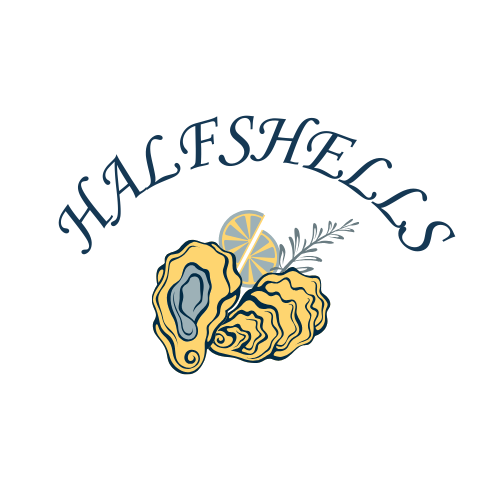Dig Into The Story
We love oysters!
Her passion really took off when she decided to sell homemade empanadas to fund her oldest daughter’s travel volleyball season. The side hustle turned into a full-on success, but balancing motherhood and running a food venture became overwhelming.
During the pandemic, Jennifer discovered her love for oysters. As she dove into their history and the many ways they can be enjoyed, she knew she had to share this newfound passion with her community.
Nurse by trade, but also a business owner in the oyster industry, Jennifer's goal is to educate, excite, and inspire others to appreciate oysters as much as she does!
Support a local business and enjoy some of the best oysters NC has to offer, right in the heart of Durham! View our menu to place an order today.
Sustainability: The 3 F's
Food
Oysters support a viable commercial and recreational fishery that is an important part of North Carolina’ s cultural heritage and
economy. In 2023, the oyster farming industry contributed 14.6 million dollars and created 283 jobs to the state’ s economy.
Filtration
As filter feeders, oysters get their food by filtering the estuary’ s water. They eat algae and help to improve water clarity by filtering out sediments. An adult oyster can filter up to 50 gallons of water a day.
Fish Habitat
Oyster reefs provide essential habitats for a diverse collection of aquatic animals, including many important commercial and recreational fish species. One healthy oyster reef can be home to more than 300 species of adult and juvenile organisms including southern flounder, shrimp, clams, and blue crabs.
References: NCCOAST.ORG
We Recycle Our Shells!
Did you know it is illegal to throw away oyster shells in the state of North Carolina? Oyster shells should be taken to official recycling drop-off locations so we can properly and strategically put them back in the water in areas that are permitted by the state and federal government. These areas are typically more inclined to support the new growth of oysters. Baby oysters, or oyster spat, need a hard place to settle on and grow, and research proves they prefer oyster shells to anything else.

